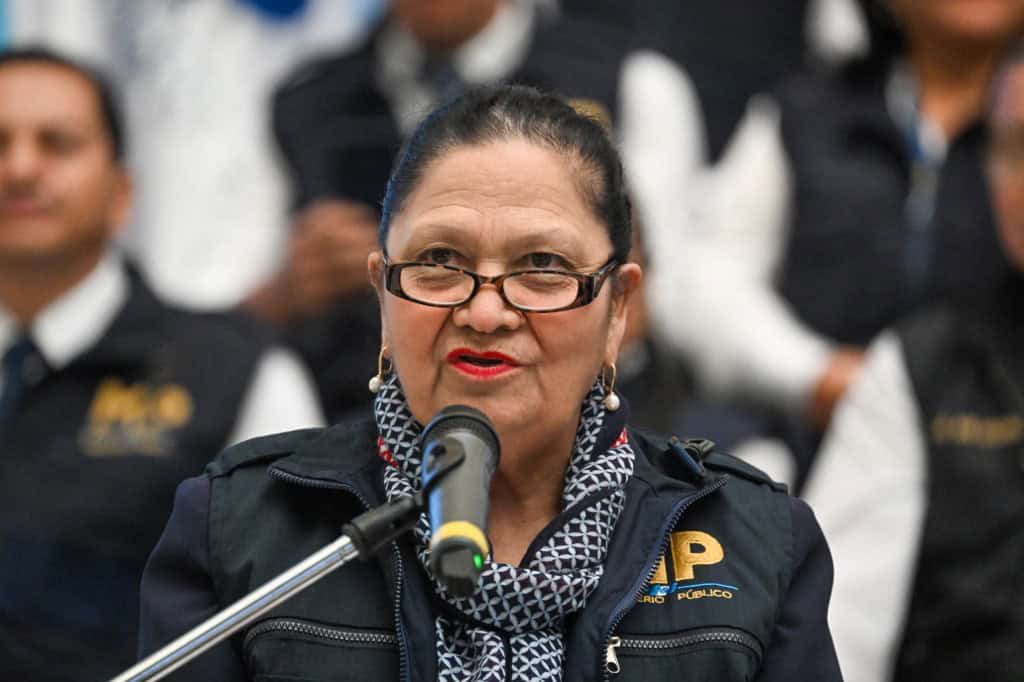A group of international human rights organizations warned this Friday about the risk of impunity in cases against Guatemalan military officers for massacres committed during the civil war (1960–1996). Their concern stems from the suspension of certain trials against military officers for crimes against humanity in appeals courts and changes in the human rights prosecutor’s office ordered by the controversial Attorney General Consuelo Porras.
These actions represent “a significant setback,” the NGOs stated in a joint communiqué, including the U.S.-based WOLA, the Center for Justice and International Law (CEJIL), Impunity Watch, and the Robert F. Kennedy Center for Justice and Human Rights. They recalled that on November 28, an appeals court suspended the trial of retired General Benedicto Lucas García, 92, for the extermination of Indigenous people. This occurred just as a tribunal was about to issue a verdict.
Lucas García had been brought to trial for his responsibility in the massacre of over 1,200 Indigenous people between 1978 and 1982, during the presidency of his brother, Romeo Lucas García, who died in Venezuela in 2006. Earlier in November, another appeals court suspended the start of a trial against eight retired military officers, including Lucas García, accused of forced disappearances. The case involves the discovery of more than 500 skeletal remains at a former military base.
These remains were exhumed between 2012 and 2015 at a base now home to the Regional Training Center for Peacekeeping Operations for UN missions in Cobán (north). NGOs have described the site as “the largest clandestine cemetery in Latin America.” Adding to the judicial decisions, Porras ordered the dismissal of three prosecutors and the transfer of 11 assistant prosecutors who were “investigating cases related to the armed conflict.”
The Guatemalan Attorney General is sanctioned by the United States and the European Union, which have labeled her as “corrupt” and “anti-democratic.” In 2023, Porras led an offensive to prevent social democrat Bernardo Arévalo from assuming power. “These decisions not only jeopardize the victims’ right to justice but also weaken the rule of law and democracy in the country,” the NGOs stated.
The civil war left an estimated 200,000 people dead or missing, according to a UN-sponsored commission, with most of the victims attributed to the military, who accused Indigenous people of collaborating with the leftist guerrillas.






